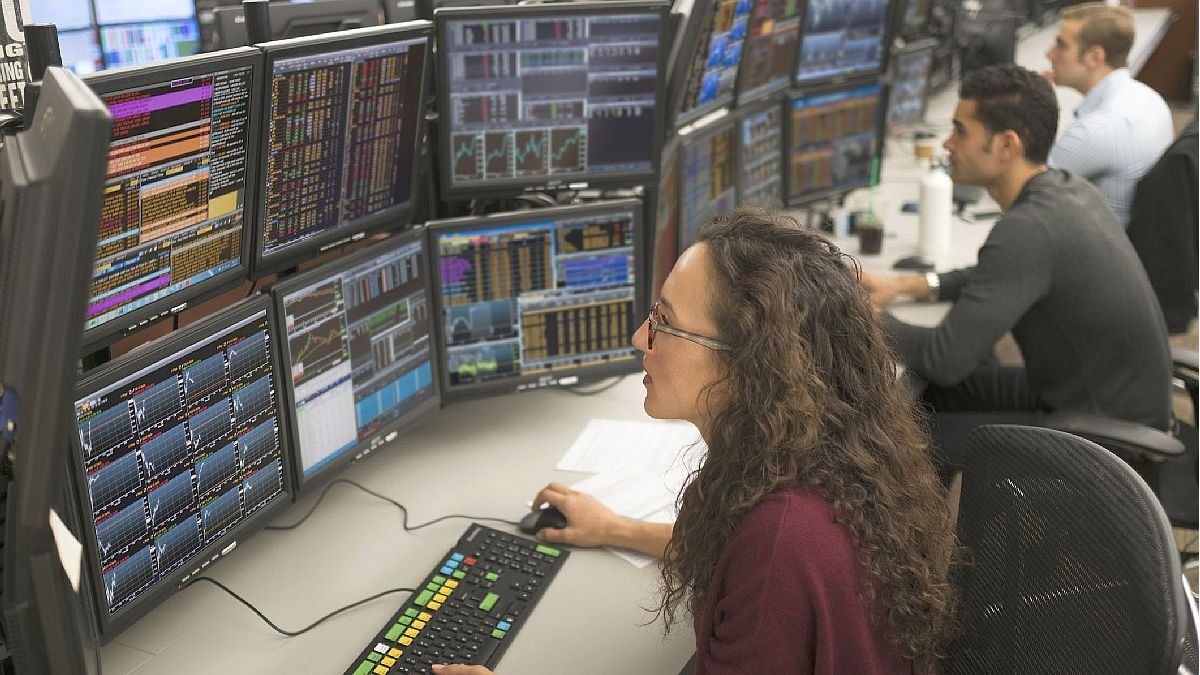The country’s index restarted on September 10, 2020 in the area of 1,083 points after a millionaire restructuring of sovereign debt held by private creditors.
Faced with this scenario, dollar-denominated bonds fell again, in some cases losing as much as 4%. Among the most prominent casualties of the day, appeared the Bonar 2035 (-3.9%); the Bonar 2038 (-3.5%); and Global 2046 (-3.1%).
Meanwhile, the market turns its attention to the debate in Congress about the agreement with the Fund. The Minister of Economy, Martin Guzman, He will present this afternoon in the Chamber of Deputies the guidelines of the understanding with the IMF, whose approval is not guaranteed because the ruling party needs the support of the opposition.
“There is a certain care in traditional investors in what has traditionally been Argentina’s compliance with certain fiscal goals,” said Antonio Aracre, CEO of Syngenta.
He added that “Investors in general are pessimistic by nature in the face of these things and will first want to see that the goals can be met and from then on see how much the bonds recover and therefore how much the country risk can be reduced.”
The new agreement, which has yet to be approved by Congress and by the international credit institution, establishes that the payment period for each disbursement is 10 years, with a grace period of four and a half years, so the country will start paying the debt in 2026 and end in 2034.
At the international level, the conflict in Ukraine triggered a rise in international oil prices, which reached their highest level since early 2008, which fuels fears of higher inflation and lower global economic growth.
“The outflow of capital from the funds of emerging countries impacted on the Argentine debt, and annulled the positive effect of the agreement with the IMF staff, at least for now,” estimated the StoneX brokerage.
The leading stock index S&P Merval operated with an improvement of 0.56%, to 90,019.56 points, where energy stocks stood out. Pampa Energía, one of the main energy companies in Argentina, said that it projects a 60% increase in gas production to reach a daily record of 11.4 million cubic meters in the southern winter.
S&P Merval and ADRs
The Buenos Aires stock market operated with few changes, and the S&P Merval stock index of Argentine Stock Exchanges and Markets (BYMA) lost 0.1%, to 89,460 points, after advancing 1.8% last week. The improvement was led by companies in the energy segment.
“The market rises with selectivity, favoring companies linked to energy”, said a stock trader and added that “Despite the bullish start, the market is unstable, hit by the trend in foreign markets.”
From StoneX, they said that “in the domestic market, the Merval seems to surf the wave better than the actions of developed countries.”
Source: Ambito
David William is a talented author who has made a name for himself in the world of writing. He is a professional author who writes on a wide range of topics, from general interest to opinion news. David is currently working as a writer at 24 hours worlds where he brings his unique perspective and in-depth research to his articles, making them both informative and engaging.



